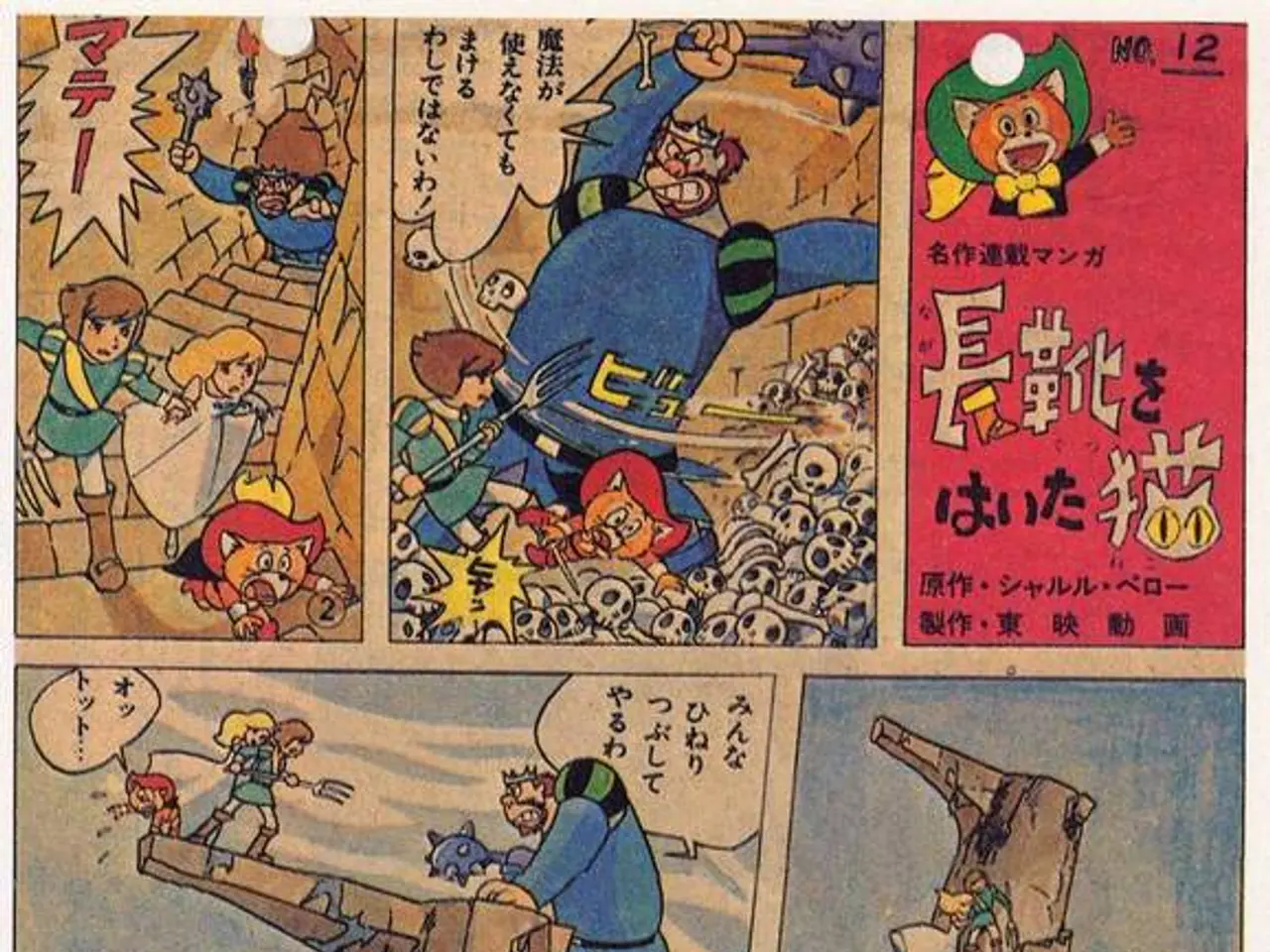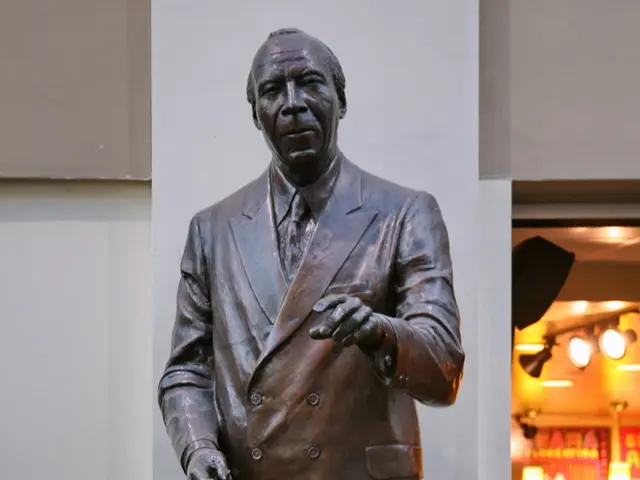Mainstream Adoption of the Term "Nerd": From Geeky Insult Coined by Dr. Seuss to Widespread Acceptance
In the late 20th century, figures like Bill Gates and Steve Jobs became household names, symbolising the computing revolution. However, the origins of another term that came to define this era – 'nerd' – are less clear-cut.
The word 'nerd' may have first appeared in print in Dr. Seuss' 1950 children's book, If I Ran the Zoo. According to Mathew Klickstein, a pop culture historian, the term evolved from the 1940s word "nert," an alteration of the word "nut" that meant a "stupid or crazy person."
By the 1950s, 'nerd' had become a midcentury slang term used by U.S. students. In the following decades, the term took on a more specific meaning, referring to a person devoted to intellectual, academic, or technical pursuits or interests. Merriam-Webster defines a nerd as such, or alternatively, as a person preoccupied with or devoted to a particular activity or field of interest.
The 1960s and 1970s saw the term 'nerd' used in various contexts. For instance, Jerry Lewis portrayed a hapless scientist in the 1963 film, The Nutty Professor, and by the 1970s, the character Arthur "Fonz" Fonzarelli in Happy Days was using 'nerd' as an insult.
The popularization of nerd culture in the 1990s, particularly through the independent film movement and indie rock trends, shifted the perception of 'nerds.' As Klickstein noted, this trend made "the weirdos, the misfits, the outsiders, the nerds, the geeks, cool." This shift was further reinforced by the release of the cult classic movie Revenge of the Nerds in 1984.
The 1990s also saw the emergence of 'nerdy geek chic' fashion styles, with rock bands like Weezer adopting the style of thick-rimmed glasses. The character Sheldon Cooper from The Big Bang Theory, a recognizable nerd character, further cemented the cultural shift, as did the hit CBS show itself, an example of nerd culture on TV.
Today, 'nerd' has become a term that many people self-identify with due to their keen interest in a certain hobby or subject. Omar Holmon, an author and co-founder of Black Nerd Problems, states that "nerds strive to spread their enthusiasm to others." The word 'nerd' has been part of our lexicon for at least three-quarters of a century, and its meaning continues to evolve as our understanding and acceptance of different interests and hobbies grow.








